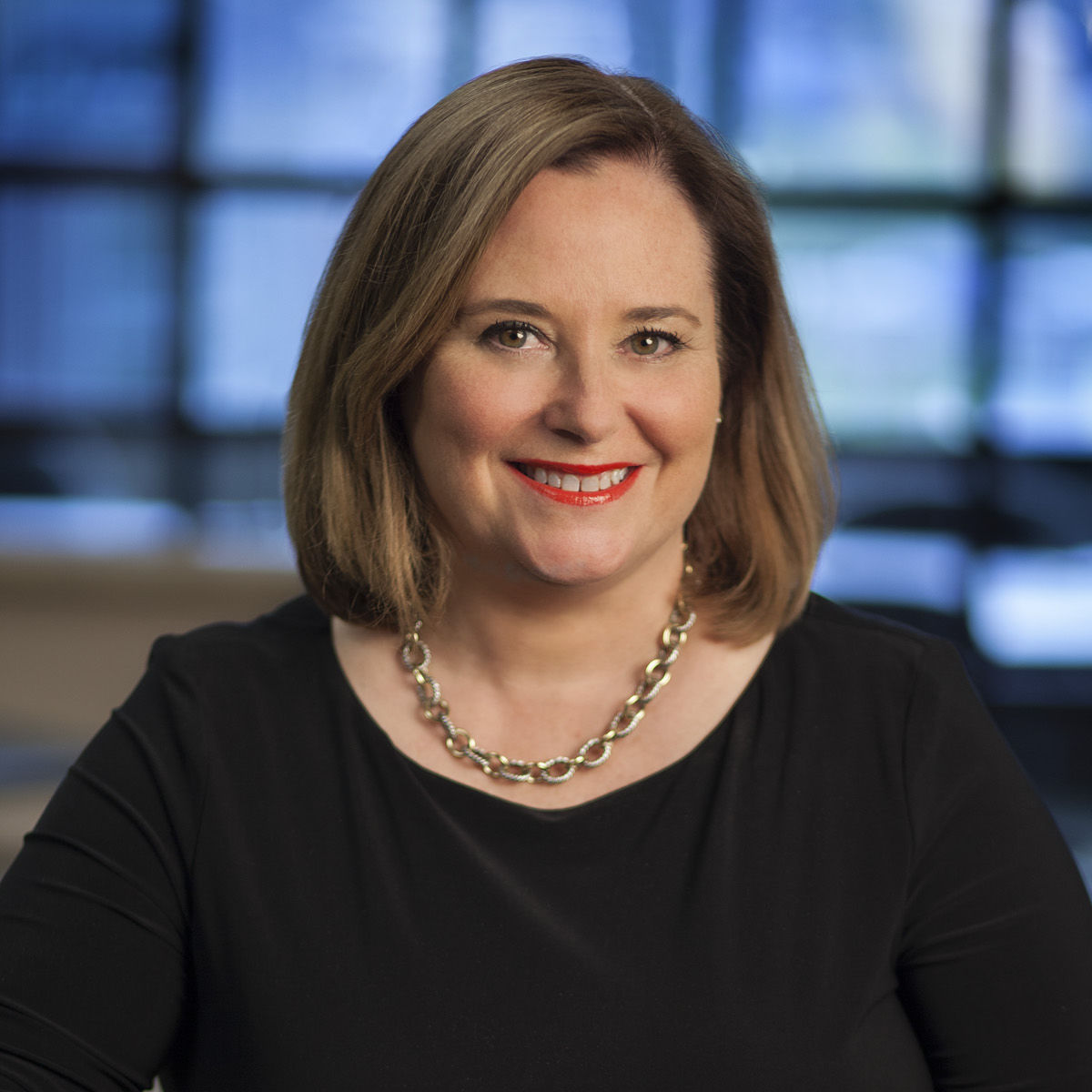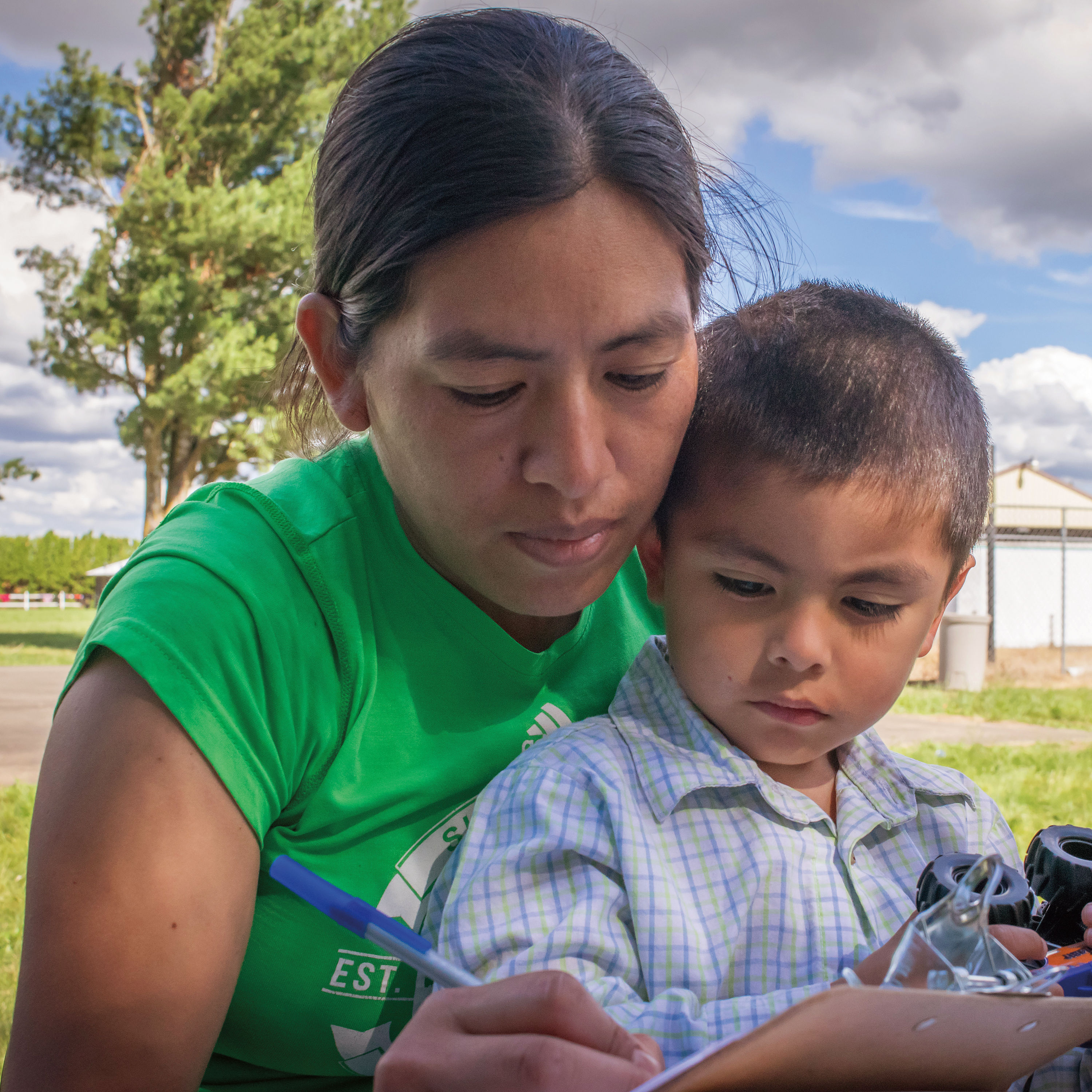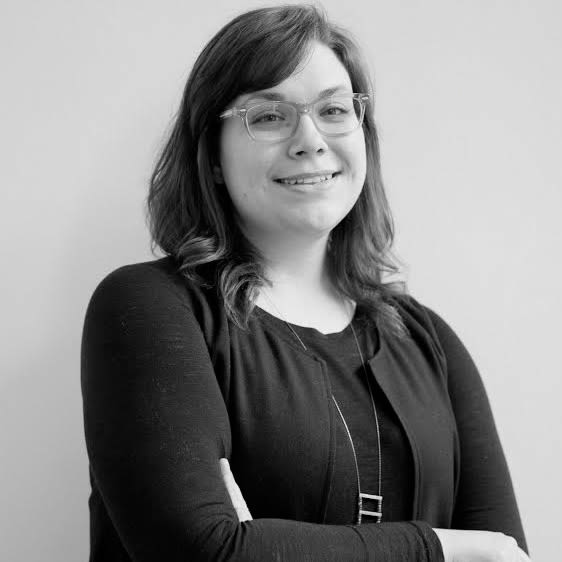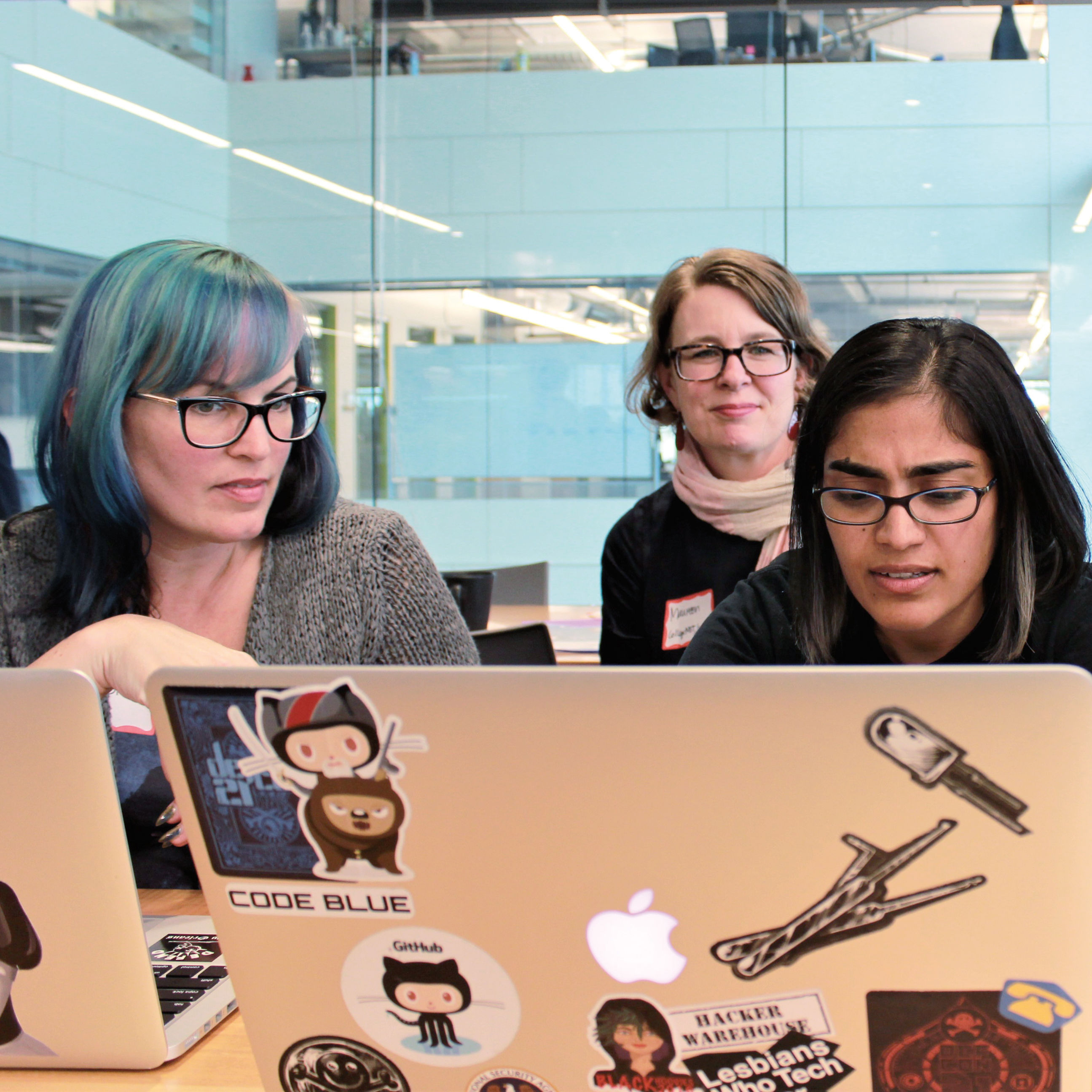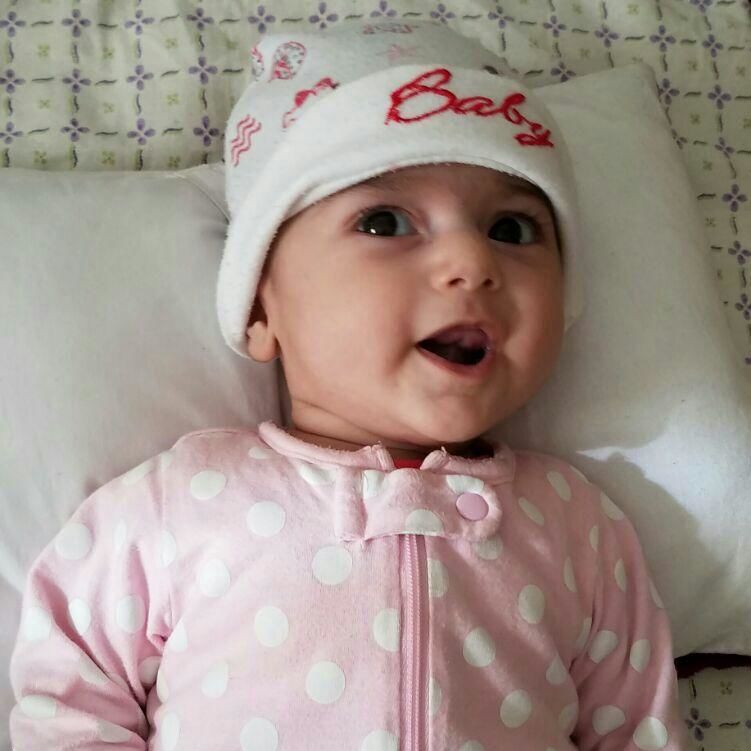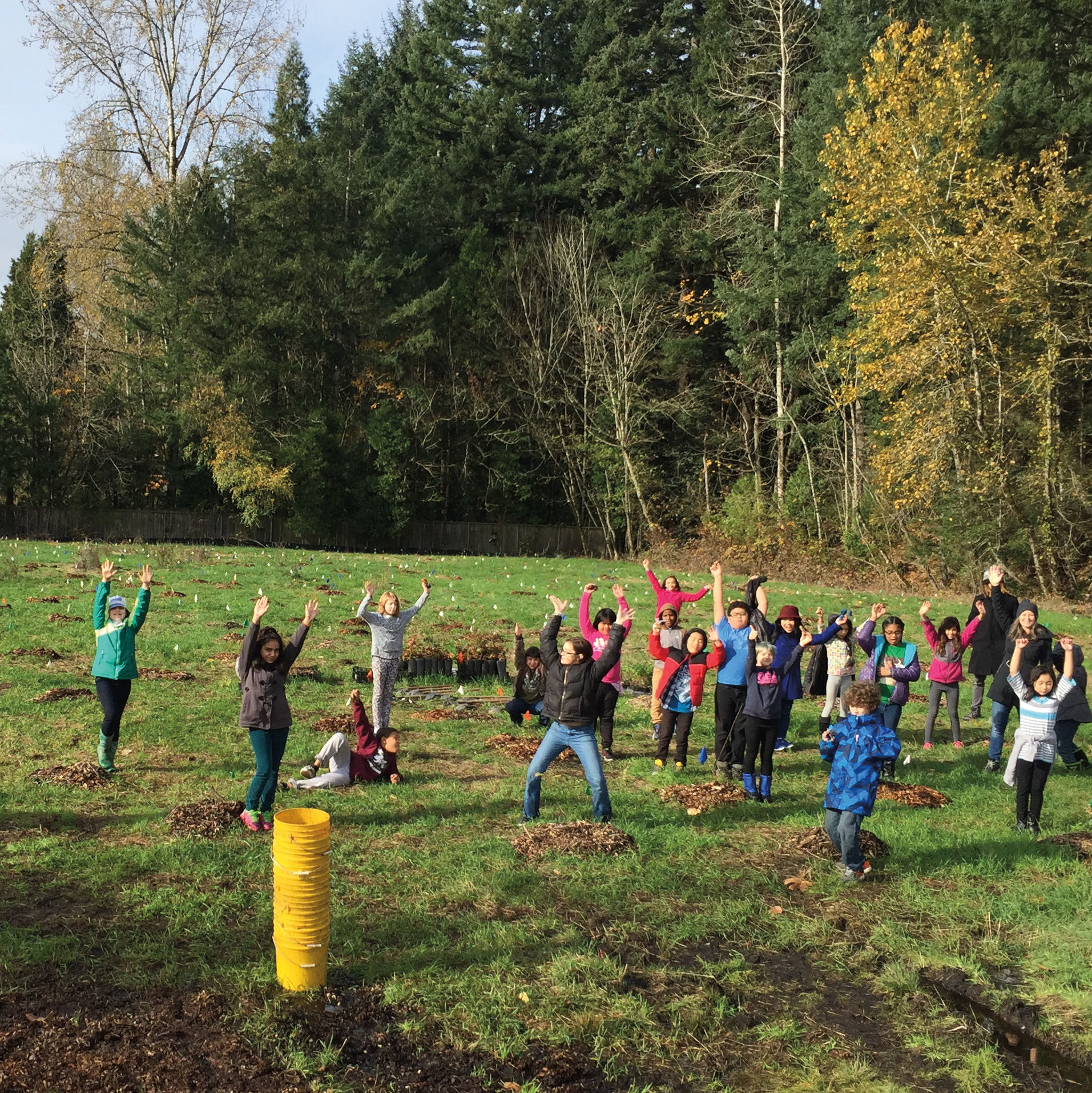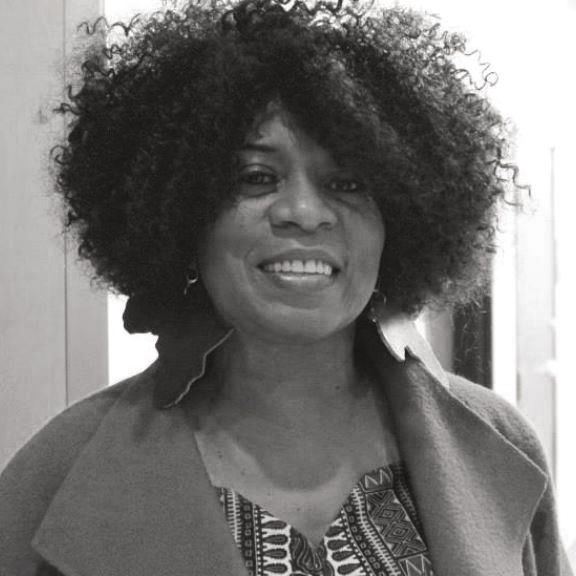How a Team of Strangers Took On Trump's Travel Ban to Help a Sick Baby
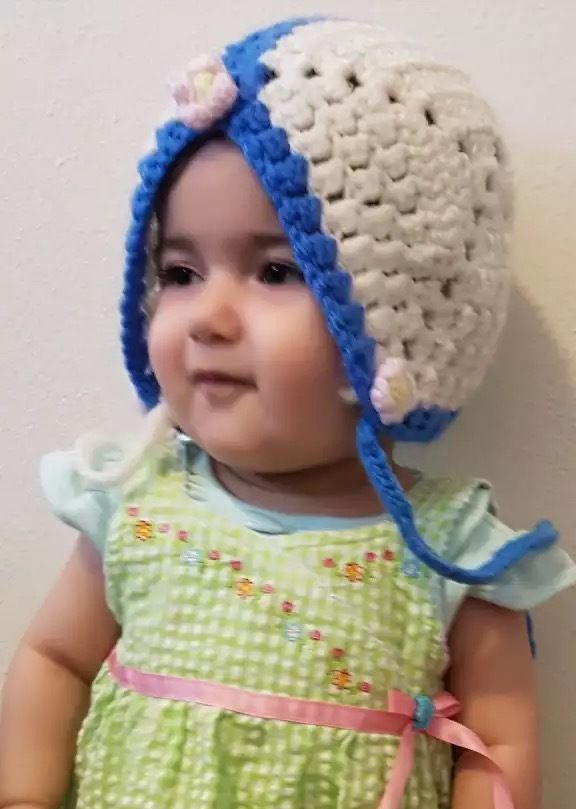
Fatemeh Reshad
Image: Courtesy Jennifer Morrissey
January 2017 was not the happiest time to practice immigration law. Shortly after the newly installed Trump administration announced its ban on travelers from several Muslim-majority countries, Jennifer Morrissey sat at her desk, eating lunch, seeking commiseration on Facebook.
“The Lawyers for Good Government page was very active postelection,” says the 46-year-old attorney at Black Helterline. “Someone posted a story about this Iranian baby who was supposed to come here for heart surgery.”
Fatemeh Reshad, a four-month-old from Tehran, needed surgery to correct a life-threatening congenital condition. With an uncle and grandparents in Portland, her family connected with Oregon Health & Science University’s Doernbecher Children’s Hospital. Then, the travel ban. Morrissey, sitting in her Portland office, swung into action.
She quickly learned that DC-based immigration attorney Amber Murray was working on the case; a quick email exchange later, the previously unacquainted lawyers teamed up. They knew they needed a federal waiver to allow Fatemeh and her family to travel. What they didn’t know was how to get one—the hastily unveiled order, which sparked confusion and protest at the nation’s airports, did not specify a procedure.
“We’d never seen anything like this,” says Morrissey, who has practiced immigration law since 2003. “There is a form and instructions for everything you ever do. This time, nothing.”
Murray introduced Morrissey to a third player in the ad hoc team: Philadelphia doctor Mary Pao Seideman. Over a few short, hectic winter days, the lawyers contacted Oregon’s congressional delegation to steer a written waiver request to Homeland Security.
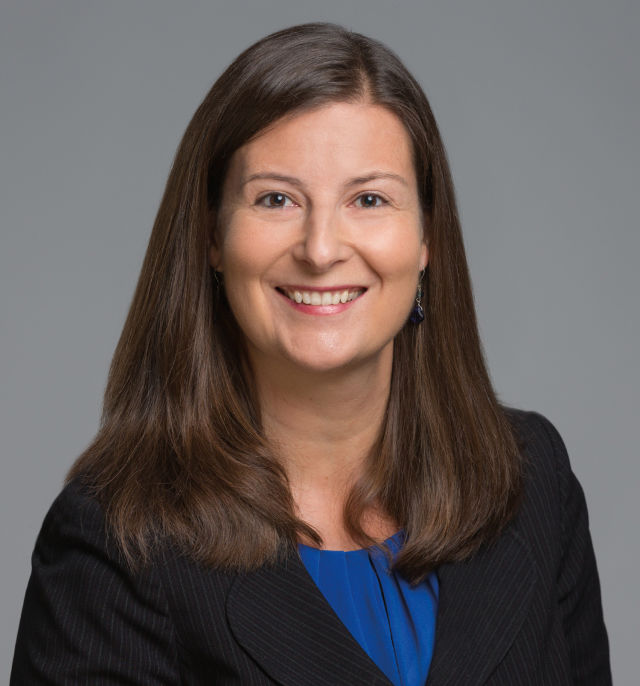
Jennifer Morrissey
Image: Courtesy Ed Keene
Meanwhile, OHSU weighed in, even as hospitals elsewhere offered to care for the baby. “We provide care to everyone,” says Abby Tibbs, vice president for government relations. “Our doctors were clear—we’d take her if we had the right team of pediatric specialists.”
The feds issued a waiver. After a brief crisis at the Tehran airport—officials initially told the family they lacked proper documents—Murray and Seideman met the travelers during a layover at New York’s JFK. When they touched down at midnight at PDX, Morrissey and an OHSU team were on hand.
Fatemeh’s February 17 surgery went well. She and her family remain in Portland, and Morrissey and Murray are working to obtain a visa extension that would allow her to recover here for a year. A later revision to the administration’s court-ensnarled ban contained a medical exemption for infant children. And the women at the heart of a fast-moving improvisation formed a bond that endures.
“We formed this instant sisterhood,” Morrissey says. Amber Murray’s take: “We have strong institutions in this country,” she says, “but they’re only as strong as the people involved.”
“They’ve visited me here, and I’d say we text every day,” Morrissey continues of her faraway collaborators. “This was unlike anything I’ve ever dealt with in immigration law. Collaboration and fearlessness are the key. We refused to lose.”


